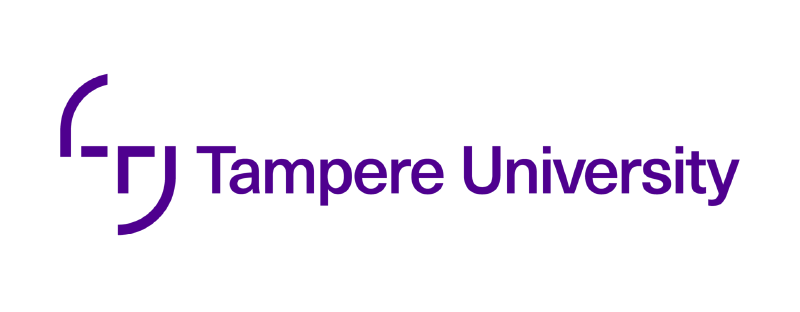In this research approach, methods are always mixed based on the nature of action. Some examples of this are concept mapping and deliberative dialogue with participants, diaries, questionnaires, and youth productions during a workshop (Pienimäki and Kotilainen, 2021).
Action research is usually conducted in four cycles: planning, acting, observing, and reflecting. In practice, acting and observing intertwine with each other. (Kemmis, McTaggart, Nixon, 2014).
The Planning Phase is the first cycle for problematisation, conceptualisation, design, and preparation of the study.
The Acting Phase is about implementing the actions of the study.
The Observing Phase is done by the researcher throughout the actions through notes (written, audio, visual) while collecting the data.
The Reflecting Phase is for monitoring, evaluating with re-conceptualising, and re-problematising for the next round of cycles.
Pros
Action research offers provides mixed data which details the experiences of young people and their communities. This approach intertwines theoretical and everyday knowledge to create greater understanding of the studied phenomenon. Action research can empower individuals and communities towards greater self-determination and advocacy. This results in greater inclusion practices for children and the youth (Bailey et. al., 2019).
Cons
Action research does result in radical changes, and rarely culminates in any societal changes beyond the actual research setting. Thus, it is a qualitative case study as it draws upon a variety of sources. Regrettably, this does not culminate in the ability to scale. Moreover, it is complex to evaluate the soundness of this type of study. As youth and children are frequently used, there is a need for careful considerations to ensure ethical behavior, procedures are followed (Morris, 2016).
-
Getting at Equality: Research Methods Informed by the Lessons of Intersectionality (Bailey et al, 2019)
-
Inuit involvement in developing a participatory action research project on youth, violence prevention, and health promotion (Morris, 2016)
-
CO:RE: What to consider when engaging children as co-researchers?
-
CO:RE Methods Toolkit: Participatory research
-
Global Kids Online: Participatory methods: engaging children’s voices and experiences in research
-
Global Kids Online: Conducting qualitative and quantitative research with children of different ages
-
Bailey, J., Steeves, V., Burkell, J., Shade, L. R., Ruparelia, R., & Regan, P. (2019). “Getting at Equality: Research Methods Informed by the Lessons of Intersectionality.” https://doi.org/doi:10.1177/1609406919846753
-
Kemmis, S., McTaggart, R., Nixon, R. (2014) Action Research Planner. Doing Critical Participatory Action Research. Springer. DOI 10.1007/978-981-4560-67-2.
-
Morris, M. (2016). “Inuit involvement in developing a participatory action research project on youth, violence prevention, and health promotion.” https://doi.org/doi:10.7202/1040147ar
-
Pienimäki, M., Kotilainen, S. (2021) “Media education for the Inclusion of At-Risk Youth: Shades of democracy 2.0 from Finland.” Hoechsmann, M., Thesee, G., Carr, P.R. (Eds) Education for Democracy 2.0: Changing Frames of Media Literacy. BRILL SENSE, pp. 64-82.
-
Reason, P., Bradbury, H. (eds.) (2006). Handbook of Action Research, London: SAGE.


